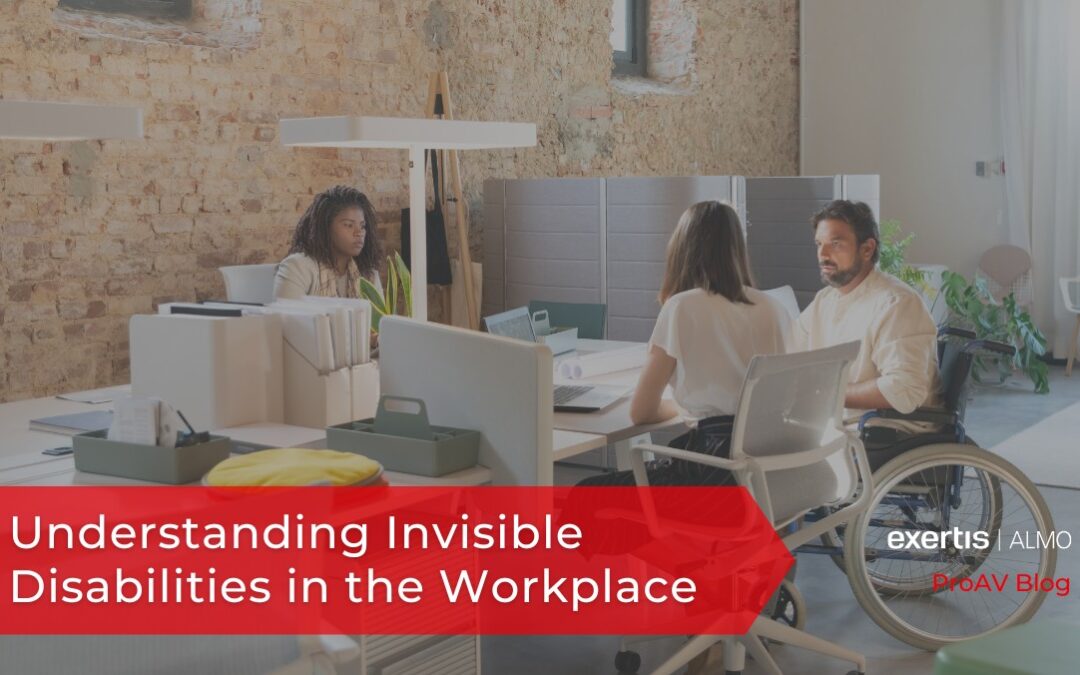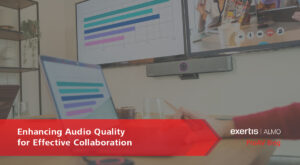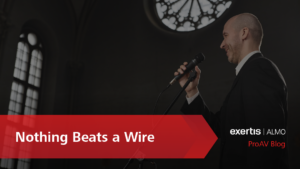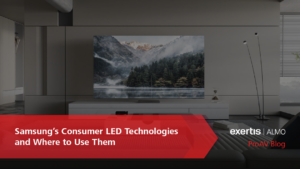Not all disabilities are readily apparent. The Americans with Disabilities Act (ADA) describes a disability as any condition, physical or mental, neurological, or cognitive that may cause considerable impairment when performing major life activities.
If you think of someone with a disability, your mind automatically goes to physical examples, a deformity, use of a wheelchair, or a prosthesis. These disabilities are both recognizable and acceptable. Most people view “invisible disabilities” as inconsequential.
According to a study by Qoqual (formerly Center for Talent Innovation), only 39% of employees have disclosed their conditions to their managers or co-workers. Even though employees are protected under the ADA, this protection only takes place if they disclose their condition.
Protected? So why do employees keep their invisible disabilities silent? Edgar Allen Poe said, “Believe nothing of what you hear, and only half of what you see.” People with unseen disabilities fear discrimination. Others worry about sharing their disability for fear of needing “reasonable accommodations.” They may worry they will be seen as incapable vs. having a limited disadvantage; and laid off from their jobs.
Employers cannot afford to overlook employees with “invisible disabilities” if they want to build a psychologically safe, thriving workplace. Lack of disclosure by the employee makes it difficult for even the most well-meaning organizations to support their employees adequately. Efforts to improve inclusion can also impact your company’s productivity, as it will provide a contribution to company morale.
 People who disclose their disabilities to their managers are more than twice as likely to report that they were happy with their jobs. That’s a tremendous difference to belonging.
People who disclose their disabilities to their managers are more than twice as likely to report that they were happy with their jobs. That’s a tremendous difference to belonging.
You do not need to go overboard sharing information, but being transparent with your own wellbeing should be viewed by your employer as a powerful example within your team. It has become important to educate and to disrupt the silence around what it means to live with an invisible disability.
In April of 2019, I was diagnosed with a benign brain tumor. For the reasons mentioned above, I did not fully disclose ALL my invisible disabilities that resulted from surgery and ongoing treatment. Over time, my challenges increased. It became exhausting to hide them, creating an environment of stress, frustration, and fear.
In hindsight, I should have disclosed progressive disabilities sooner. When I chose to disclose them, Exertis Almo provided me the opportunity to engage in comfortable conversations with management and human resources. They genuinely cared about my wellbeing and supported my choices toward my future initiatives.
As I approach retirement, I will provide education to schools children and small businesses, as well as through blogs about invisible disabilities. I will volunteer at hospice and nursing home facilities with a “soon to be” certified emotional support dog. I can brighten the lives of others, while keeping in perspective how blessed I am with the inconvenience of having invisible disabilities.
So, the next time someone parks in a handicap spot without an apparent disability, do not assume they are selfish. If a colleague has a response delay and needs to gather their thoughts, please do not assume they lack intelligence. When the person in front of you is driving more slowly than you would like, please be courteous and pass them kindly. We are trying to keep you safe.
People with both apparent and invisible disabilities do not look for sympathy. They look for patience, understanding and support. It is no different than working with someone with autism. It may be more challenging, but that does mean they are unable to contribute. To sum it up in a parody; a fish is unable to climb a tree, only because they do not have the ability. But that same fish can swim upstream, against all odds, and thrive.
My management team at Exertis Almo fully supported me in writing my final blog with the company addressing the topic of “invisible disabilities.” I’d like to extend a thank you to Exertis Almo’s executive management and human resources for providing me support and understanding in my decision to start my next journey.

Corinne O’Rawe | DSCE
Business Development Manager
Supported Manufacturers: LG Business Solutions (NE, SE, MW)








